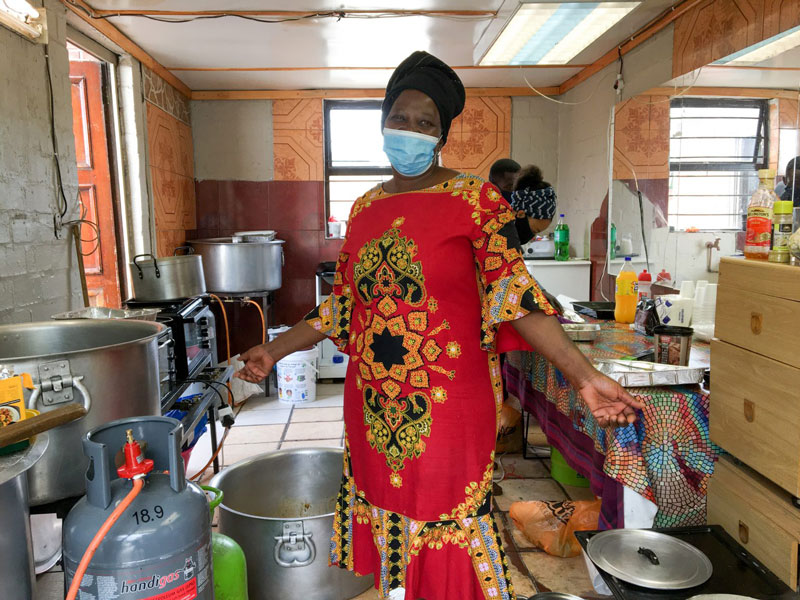Are rhetorical commitments to adolescents reflected in planning documents? An exploratory content analysis of adolescent sexual and reproductive health in Global Financing Facility country plans
11 August 2021Policy Adoption and the Implementation Woes of the Intersectoral First 1000 Days of Childhood Initiative, In the Western Cape Province of South Africa
11 August 2021Cape Town’s response to COVID-19 shows that another kind of society is possible
Cape Town Together and the CANs were catalysed by an unprecedented, global pandemic. This was not an attempt to bring people together under an explicitly municipalist agenda – or under any one coherent political ideology – other than a belief that local knowledge and self-organisation is best placed to respond to certain contextualities of a crisis such as Covid-Guiding principles, such as horizontality, radical generosity and solidarity across class and race lines were arrived at through praxis, rather than a theoretical or ideological positioning.

Yet, under the banner of responding to Covid-19, the CANs demonstrated a different way of doing politics at the municipal level that potentially sets the stage for extended projects in radical democracy and local action to challenge the deep-seated socio-economic inequality and spatial injustice that abounds in the city.
It’s hard to imagine how this reconciles with the inherent hierarchies in our entrenched system of electoral politics but if there’s one thing we have learned it is that networks of ordinary people doing ordinary things in an extraordinary way can be a powerful tool to demonstrate the kind of society that is possible.

